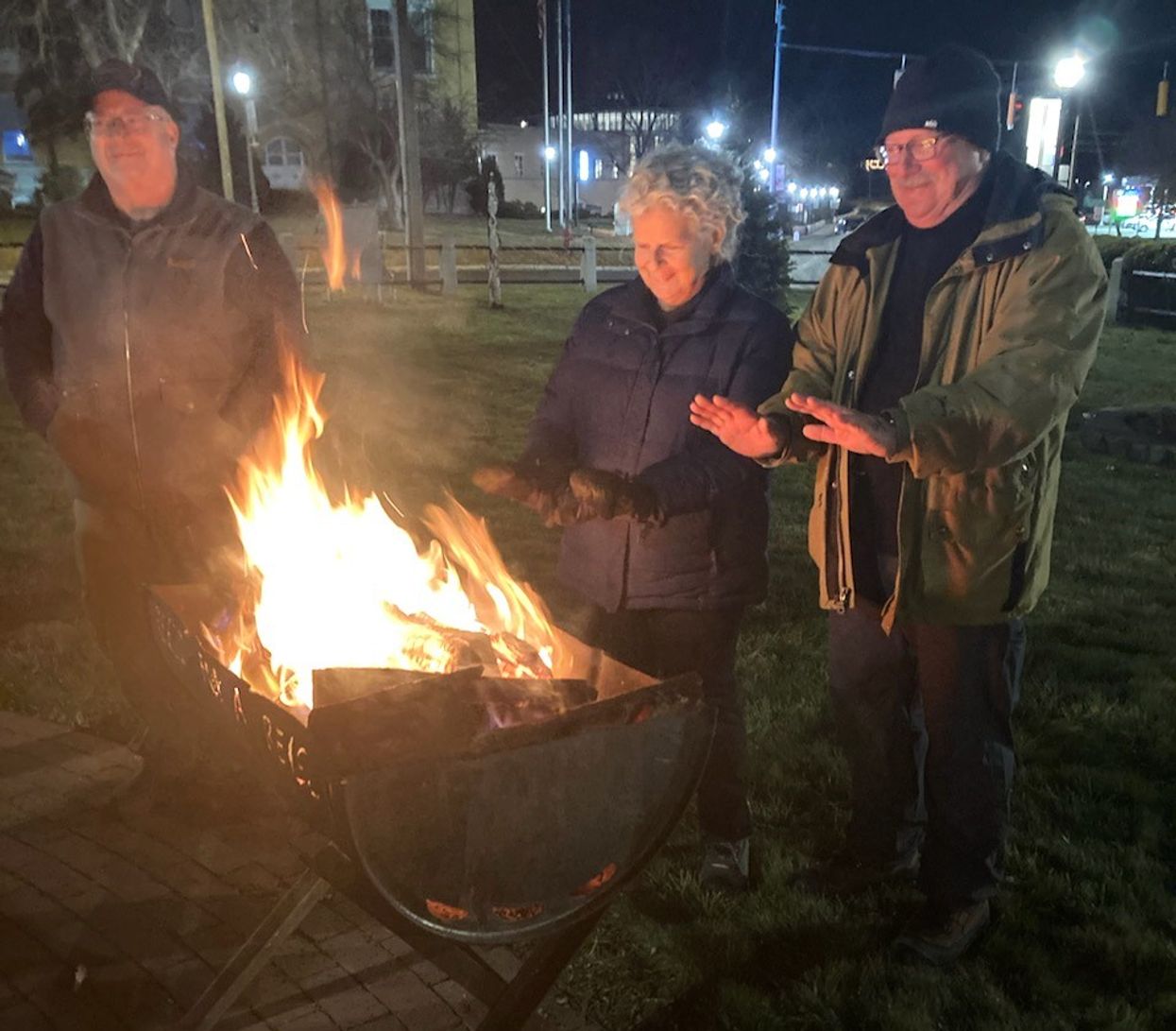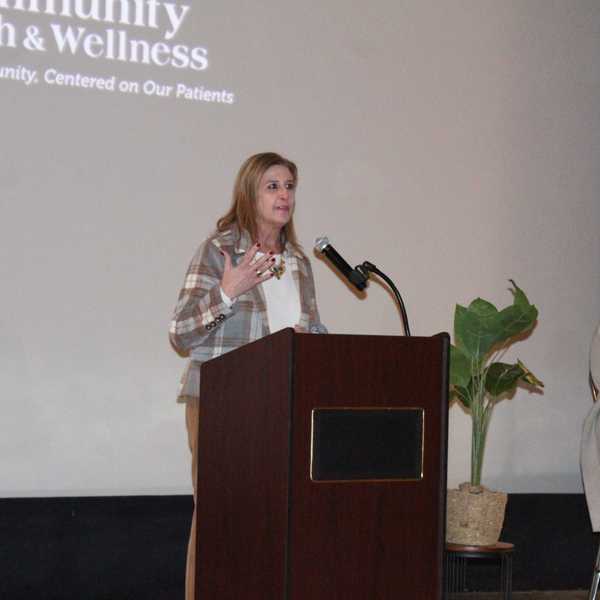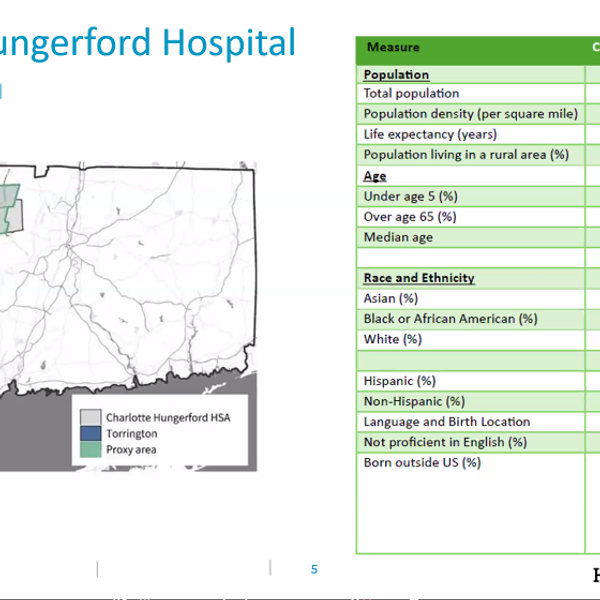After a decline, homelessness rises again across the Northwest Corner
Part One: ‘A Public Health Emergency’

Participants in the Northwest YMCA’s Freezin’ for a Reason fundraiser warm their hands on the open fire.
Photo by Paul Venti








 lakevillejournal.com
lakevillejournal.com 







 Visitors consider Norman Rockwell’s paintings on Civil Rights for Look Magazine, “New Kids in the Neighborhood” (1967) and “The Problem We All Live With” (1963.) L. Tomaino
Visitors consider Norman Rockwell’s paintings on Civil Rights for Look Magazine, “New Kids in the Neighborhood” (1967) and “The Problem We All Live With” (1963.) L. Tomaino





